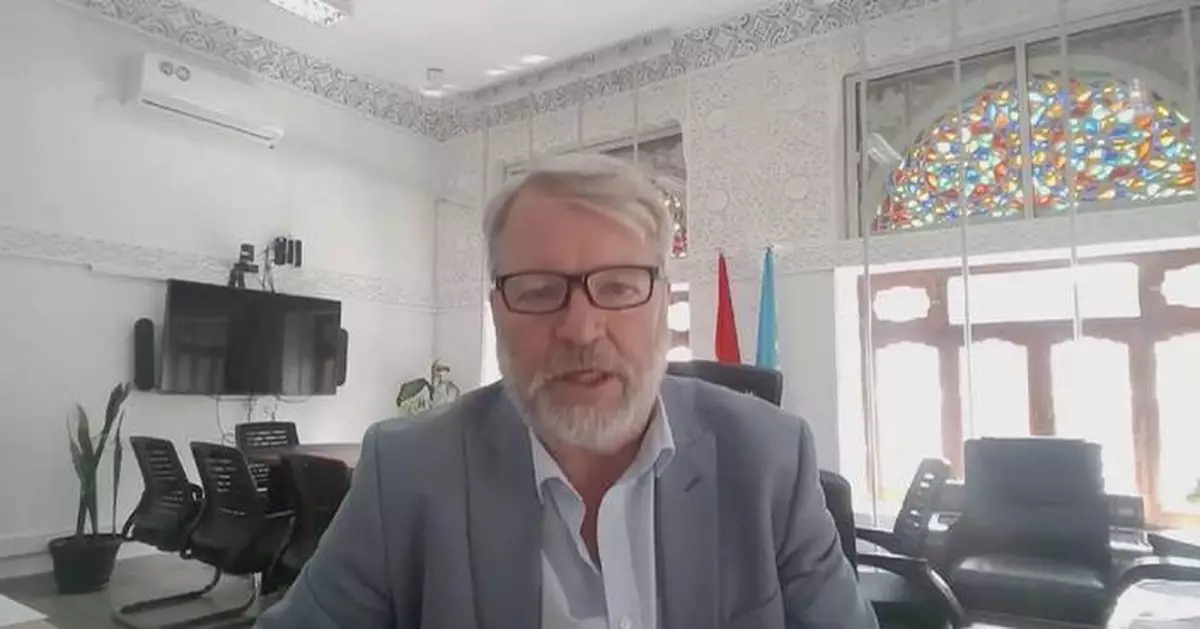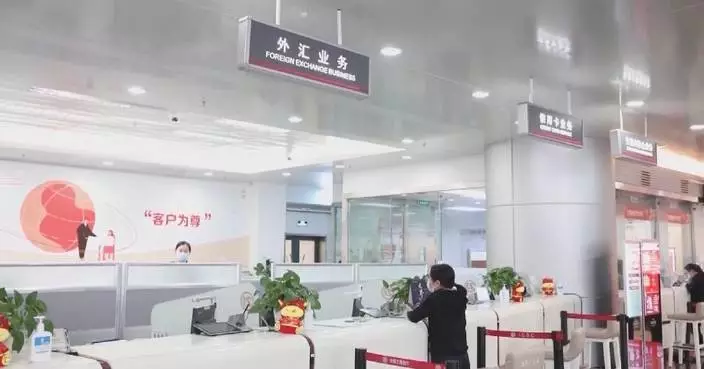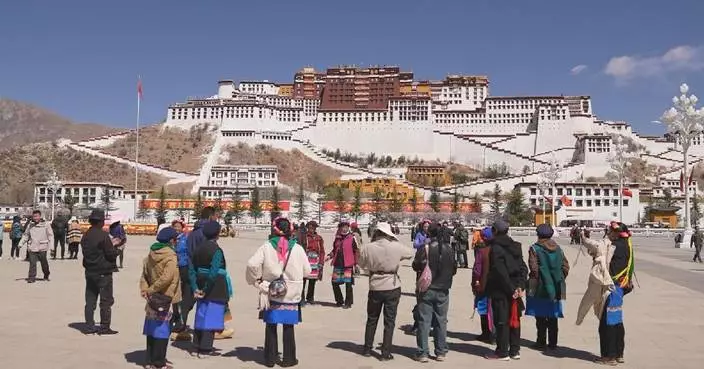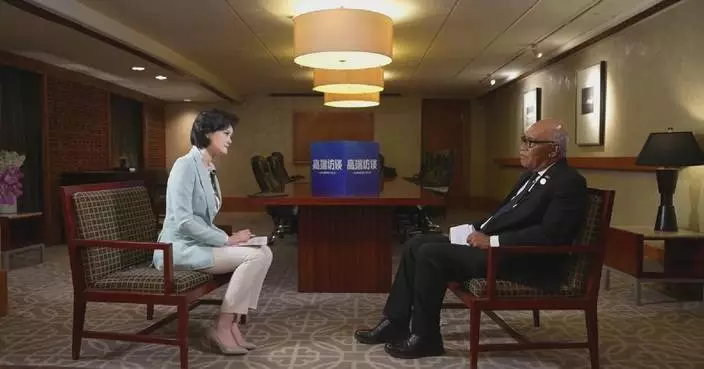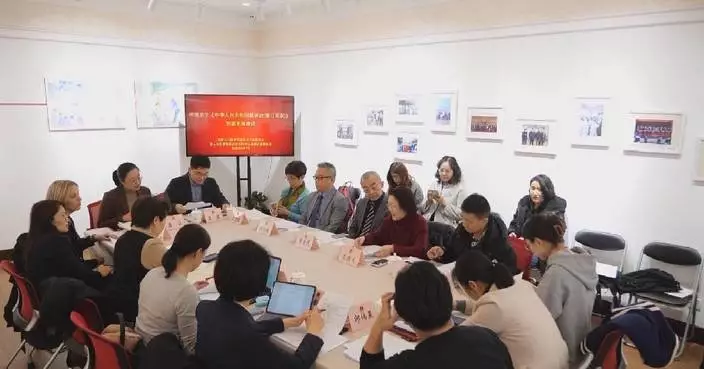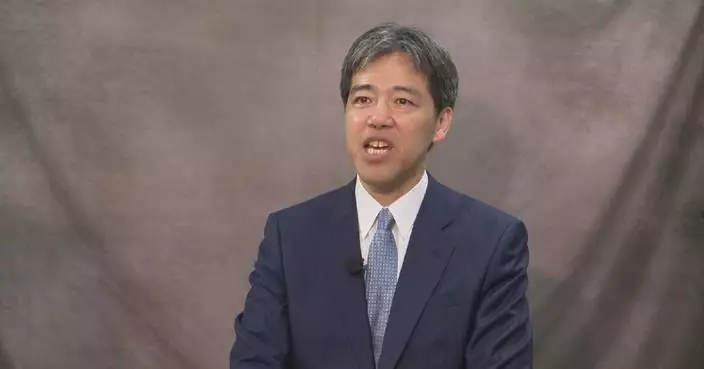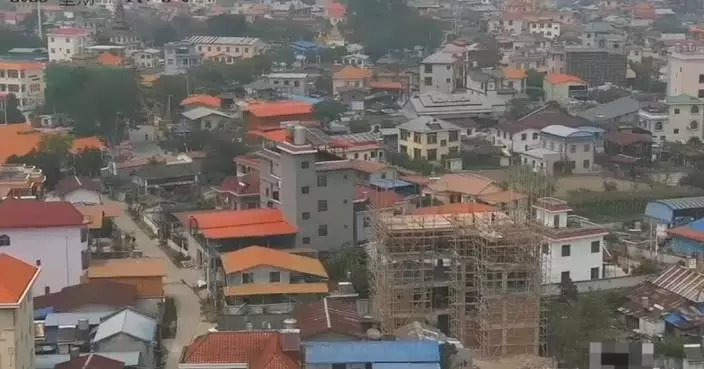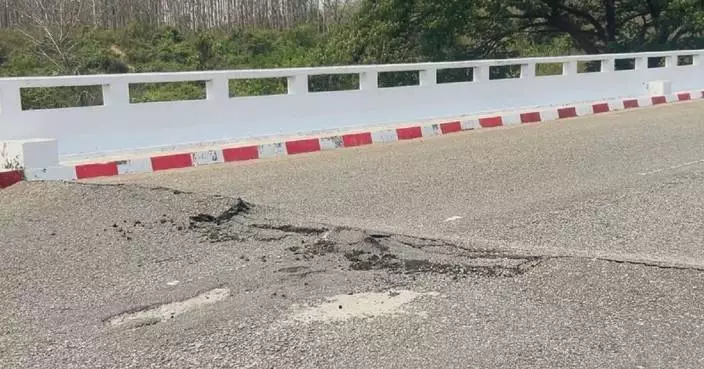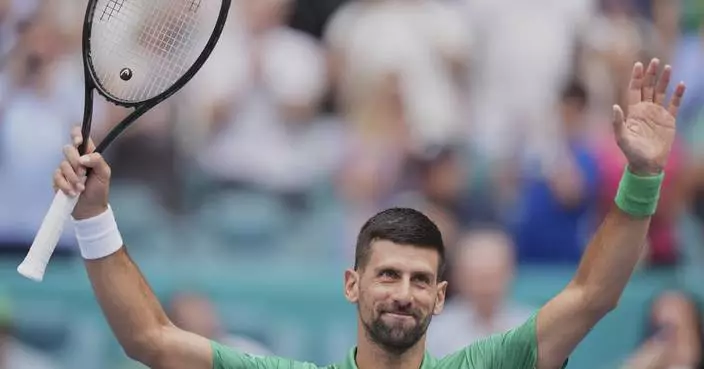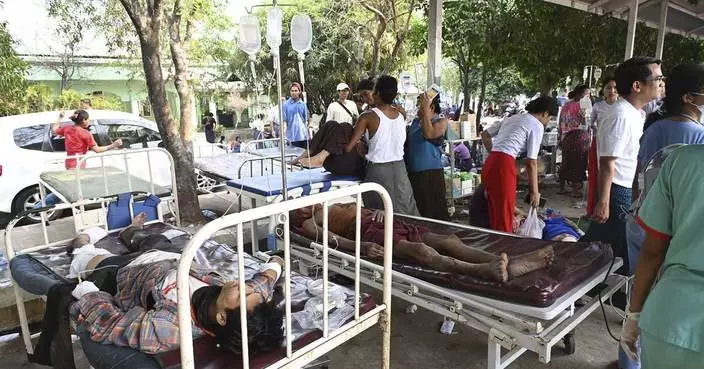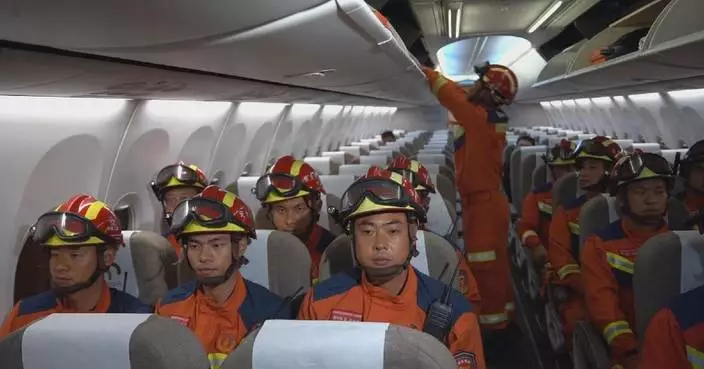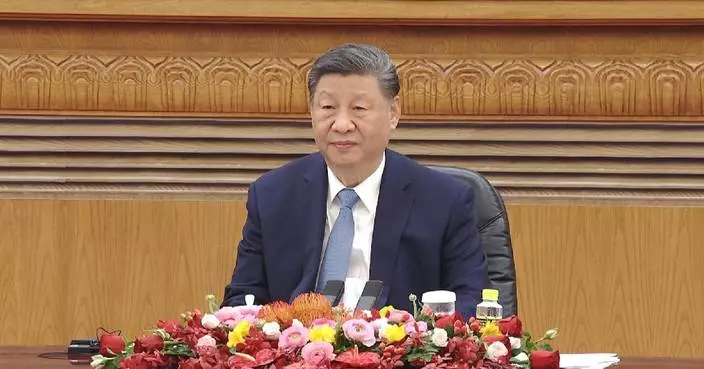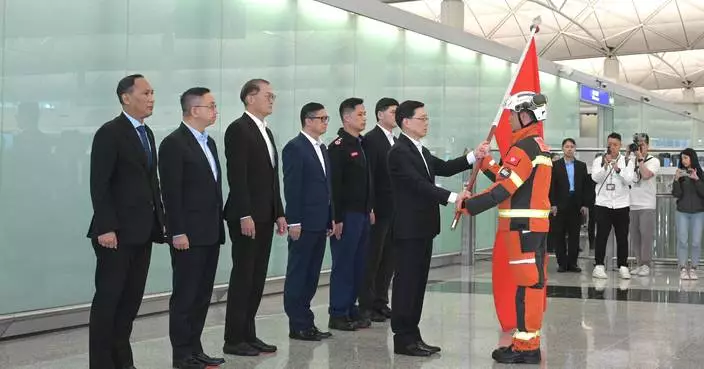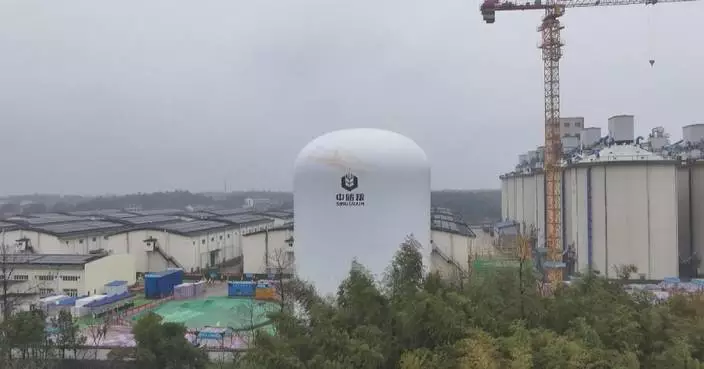Half of children under the age of five in Yemen are malnourished, the UN Children's Fund (UNICEF) said on Tuesday, underscoring how a decade of conflict has been catastrophic for the country's young population.
The decade-long conflict has devastated the country's economy, healthcare system, and infrastructure, leaving more than half of the population reliant on humanitarian aid to survive, Peter Hawkins, UNICEF Representative to Yemen, said via a video link from Yemeni capital city of Sanaa, at a press briefing on the situation for children in Yemen after 10 years of conflict.
He warned that the country is registering a staggeringly high child malnutrition rate, while mothers and expecting mothers face similar challenges.
"One in two children under the age of five are malnourished in Yemen today. This is a statistic that is almost unparalleled across the world. Among them are over 540,000 girls and boys who are severely and acutely malnourished. Equally alarming are the 1.4 million pregnant and lactating women who are malnourished," said Hawkins.
He added that severe and acute malnutrition rates of 33 percent have been recorded in certain areas including the west of the country.
Yemen's conflict entered its second decade in 2024 since the Houthis stormed Sanaa on September 21, 2014, forcing the internationally recognized government into exile.
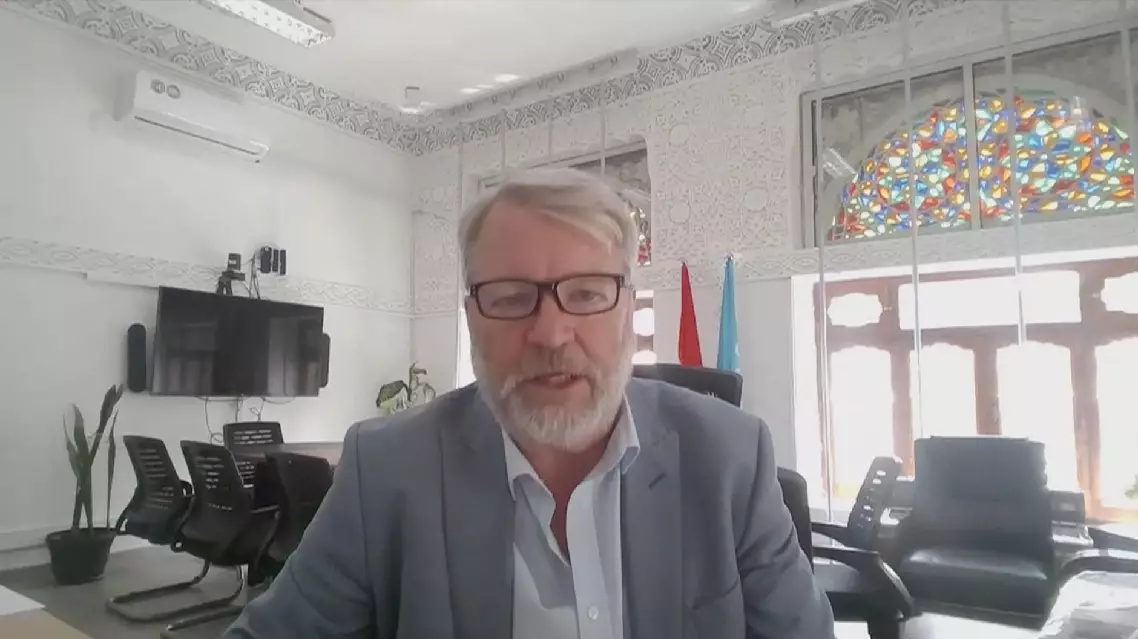
Half of Yemen's children under the age of five suffer from malnutrition: UNICEF
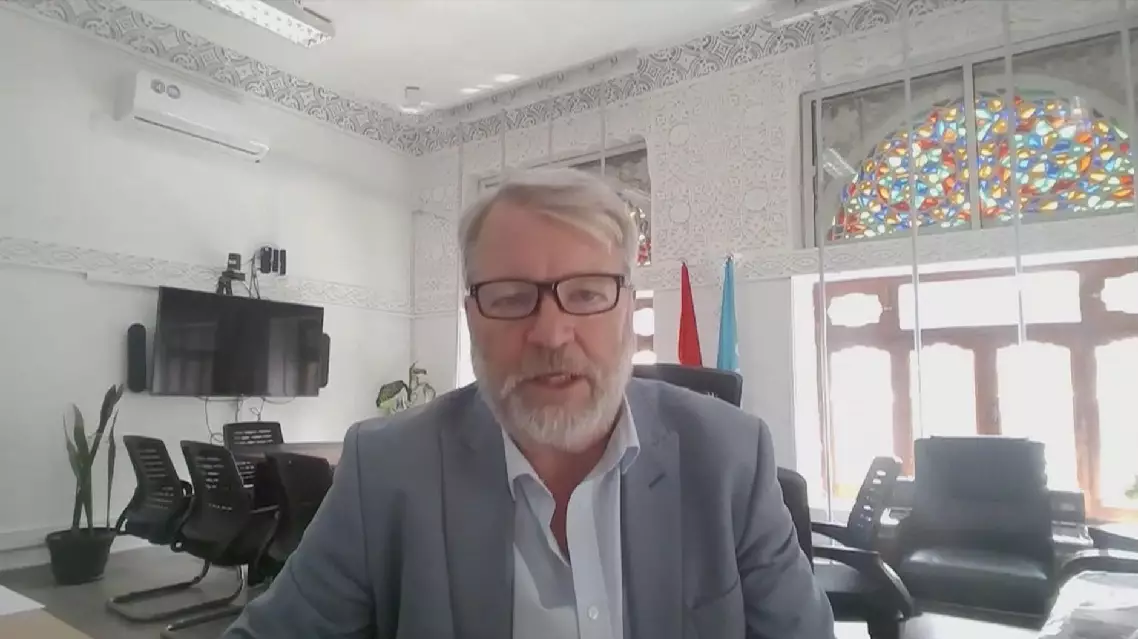
Half of Yemen's children under the age of five suffer from malnutrition: UNICEF
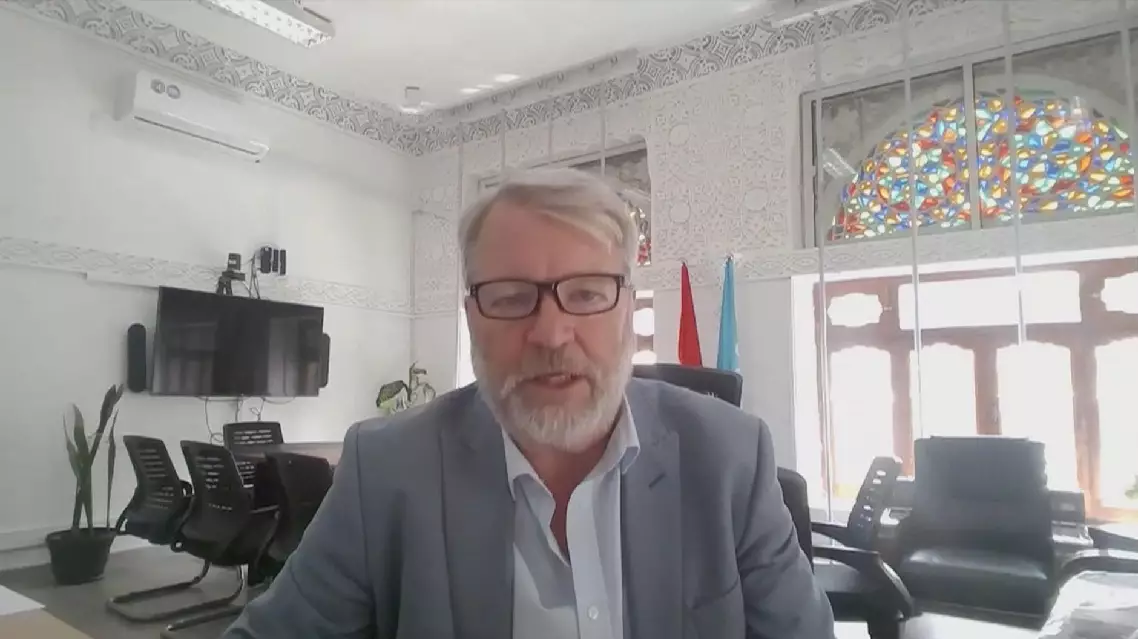
Half of Yemen's children under the age of five suffer from malnutrition: UNICEF
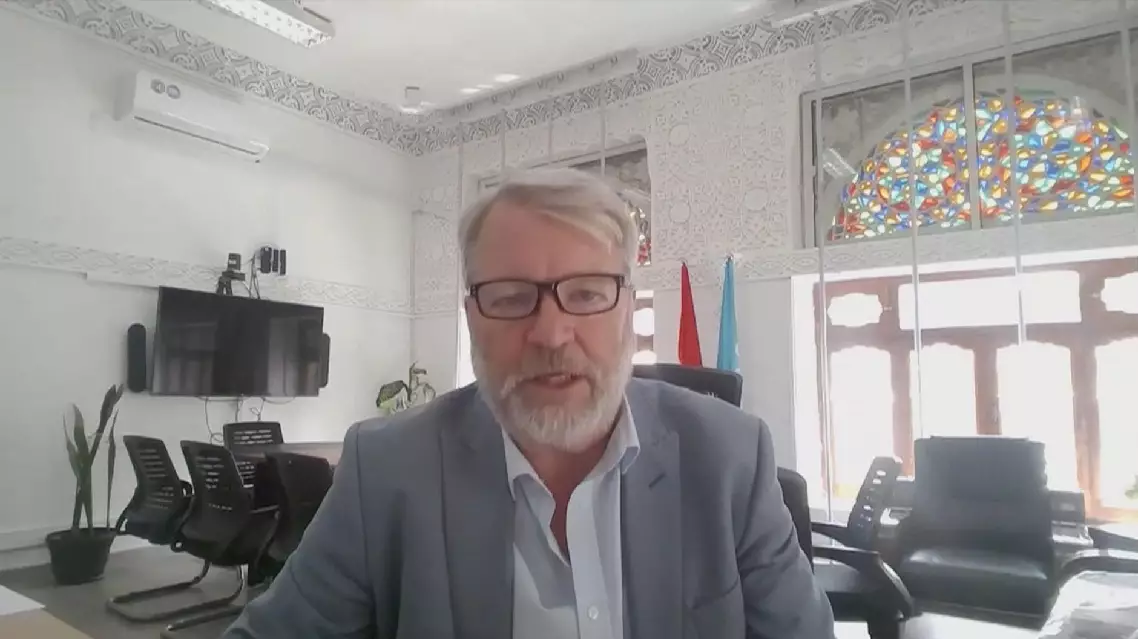
Half of Yemen's children under the age of five suffer from malnutrition: UNICEF
Fijian Speaker of Parliament Filimone Jitoko said his recent trip to China had been fruitful and expressed his country's willingness to intensify the relationship and cooperation with China.
Jitoko led a delegation to visit China from March 16 to 22 at the invitation of Zhao Leji, chairman of the National People's Congress Standing Committee.
During the trip, Jitoko visited China's financial hub Shanghai, Shaanxi Province in the southwest that is home to the famed Terracotta Warriors, and Beijing, where he learned about China's innovation and exploration in such fields as democracy, the rule of law, rural revitalization, and inheritance of cultural heritage.
"We indeed have been here for six days, and our delegation has been to the three centers that you've spoken right now in Shanghai and Shaanxi, and finally here in the capital. In the process, we've looked at the certain areas of developments in the sectors [in] which they occur, and hopefully learn or take something away and reinforce with our belief that our bilateral assistance between the two countries will help us in realizing those development needs in those areas which we have identified," he said in an exclusive interview with China Media Group in Beijing.
Fiji is the first Pacific island country to establish diplomatic ties with the People's Republic of China. Since the establishment of diplomatic ties 50 years ago, China and Fiji have built political mutual trust, conducted practical cooperation, and carried out people-to-people exchanges with fruitful results.
"We would like to intensify the relationship between our two countries in our bilateral [relationship] in all the sectors which we had started our discussion on. The sectors of all the agricultural, fisheries, infrastructure, road building and all of those are there to be further discussed by our people in the coming months, in the coming year," Jitoko said.
Noting that the one-China principle has always been the cornerstone of China-Fiji relations, Jitoko said Fiji will continue to take it as the guiding principle for bilateral ties.
"We adhere to it. We have confirmed [it] every time. We have a discussion that it is a guiding principle of our bilateral relationship with China. And we have never deviated from it in the past, so that still remains and continues to remain as our guiding foreign policy in our relationship with China," he said.
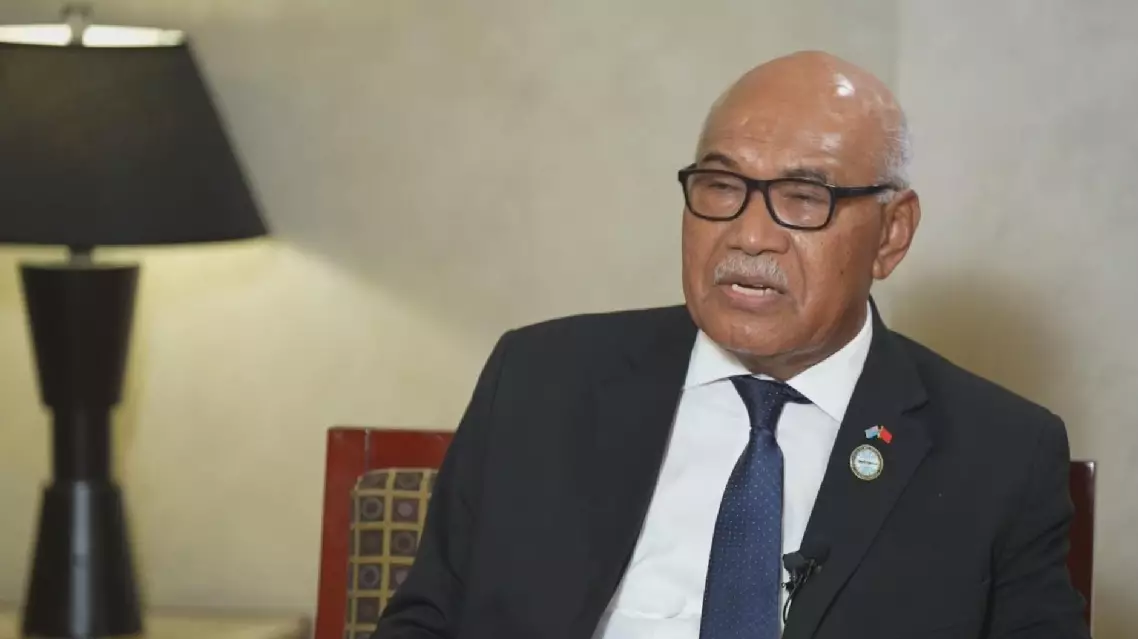
Fijian parliament speaker on China trip, bilateral ties






